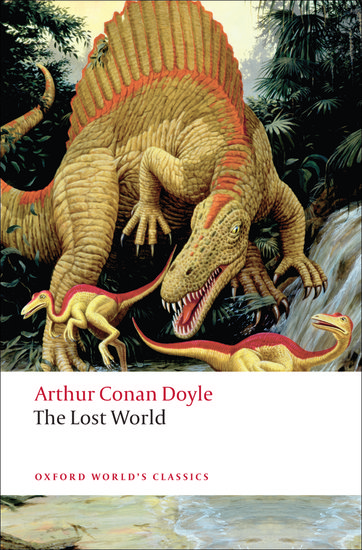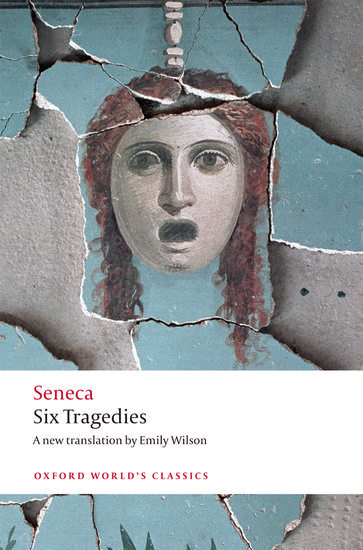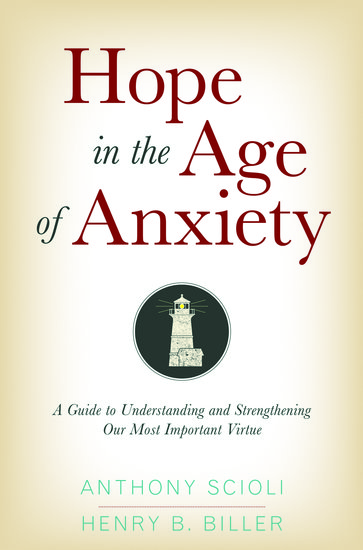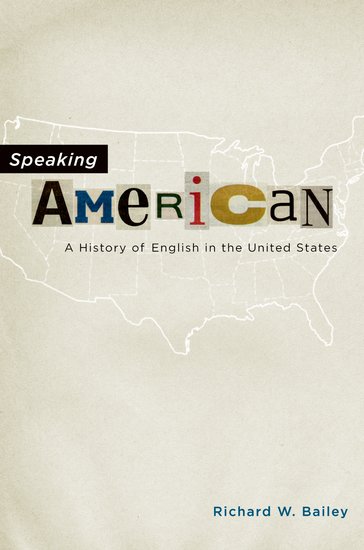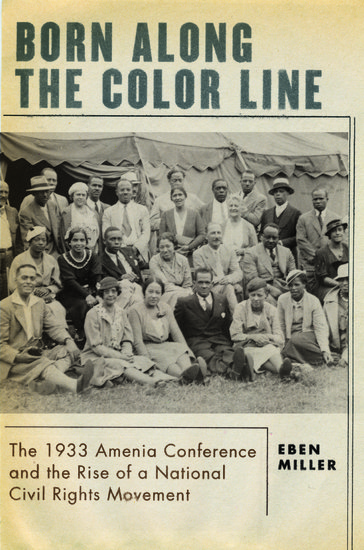Monthly Etymology Gleanings for April 2012
By Anatoly Liberman
Is loan a verb? Few questions have been asked with such regularity, and few answers have been so definitive, but people keep asking. Perhaps I might make a short introduction. Since English nouns of native origin have no endings (book, rope, pig, cow, goat) and even old borrowed nouns are often monosyllabic (wall, chair, table, desk, pen, lamp) and since infinitives also lack endings (come, go, see, take), the line separating the two grammatical categories is blurred. Some nouns and verbs had different forms in Old English. Such were love (noun) and love (verb); later they lost their endings and now coexist as homonyms. Other verbs were derived from “ready-made” nouns. The opposite process is less common, but consider the nouns meet, say, and go from the corresponding verbs. In principle, any noun can be converted into a verb. “Do students Professor, Dr., or Mr. us at this university?” “Don’t you uncle me!” The messages are perfectly clear.

